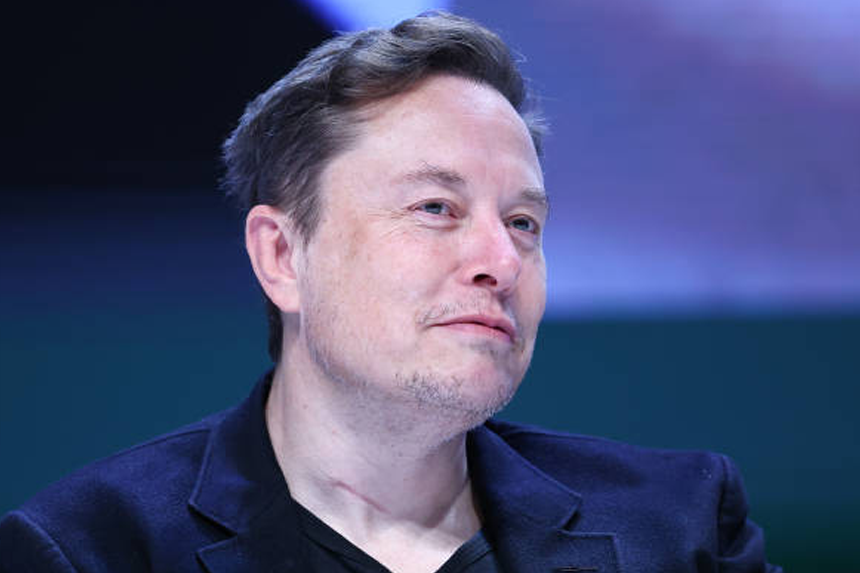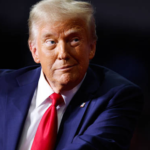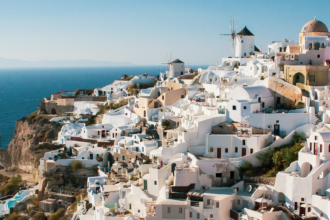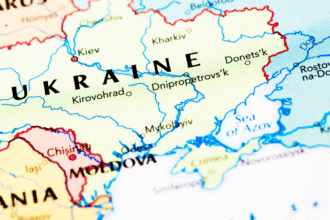Few European leaders have gone through the social media eruptions of Elon Musk more severely than Chancellor Olaf Scholz of Germany. Tech billionaire and platform X owner X have been outspoken in criticizing Scholz, labelling him as an “incompetent fool” and exhorting him to step down. But it’s his choice to invite Germany’s far-right anti-immigrant party’s head, Alice Weidel, the AfD, on his platform for a protracted interview that has generated significant political debate in Elon Musk Europe.
- Is Musk’s political engagement in Europe generating backlash?
- How is Musk redefining political debate in Europe?
- Is Musk’s Interference Rising Issue for National Politics?
- How is the UK Prime Minister handling Musk’s claims?
- Why Do Hungary and Italy Welcome Musk’s Influence More Than Others?
- What part is Musk playing in German politics?
- How Are German Officials Responding to Musk’s Power?
- How does the EU see Musk's Live Stream with Weidel?
- Why is Musk’s business influence causing questions in Italy?
- In essence, Is the growing influence of Musk a hazard to European politics?
Is Musk’s political engagement in Europe generating backlash?
Many German politicians saw Musk’s action as an apparent attempt to sway home politics. Given the AfD’s present ranking second ahead of the February 23, 2025 federal elections, his activities have sparked questions regarding outside force influence. The growing influence of Elon Musk Europe in national politics has caused concerns among European politicians about his motives and the results of his activities.
Chancellor Scholz has responded calmly, counselling his peers to “stay cool” and “not feed the troll.” However, the matter has caused conflicts throughout Europe as Elon Musk Europe’s impact reaches various nations’ political spheres.
How is Musk redefining political debate in Europe?
While some European leaders—like Prime Minister Giorgia Meloni of Italy—have developed favourable relations with Musk, many others find it difficult to overlook his increasing influence in their affairs. Musk is especially positioned as a consultant to Donald Trump, the future US President, and this only serves to raise questions regarding his impact on European affairs. Musk, Elon The activities of Europe are igniting a more general discussion on the junction of democracy, politics, and technology on the continent.
Four European governments expressed their worries about Musk’s latest tweets within twenty-four hours. Among the first to show his incredulity was French President Emmanuel Macron. “Ten years ago, who would have believed it if we had been told that the owner of one of the biggest social networks in the world would support a new, international reactionary movement and meddle directly in elections, including in Germany?” In an interview, Macron declared.
Is Musk’s Interference Rising Issue for National Politics?
Additional European leaders have also commented on Musk’s behaviour. Jonas Gahr Store, the prime minister of Norway, thought it “worrying” that Musk, a man with significant financial means and social media access, is so publicly active in the internal politics of other countries.
Pilar Alegría, a government spokesman for Spain, also chimed in for “absolute neutrality” from internet media like X. Emphasizing that the impact of digital platforms should not shape politics or elections, Alegría added, “Digital platforms should act with absolute neutrality and above all without any kind of interference.”
Previously drawing attention, Musk has highlighted crime figures in nations including Norway and Spain, usually attributing these problems to “mass unchecked immigration.” Further fueling debate was his analysis of a recent fatal incident at a Christmas market in Germany, attributing the bloodshed to immigrants.
How is the UK Prime Minister handling Musk’s claims?
Musk has lately also targeted UK Prime Minister Keir Starmer and his government, accusing them of fostering gangs and child sexual exploitation. Starmer showed that people disseminating false information are “not interested in victims, they’re interested in themselves,” even if he did not answer Musk specifically.
Why Do Hungary and Italy Welcome Musk’s Influence More Than Others?
Notable exceptions in Europe where Musk’s influence is less disputed are Close ties between Italy’s Prime Minister Giorgia Meloni and Musk have been cultivated; he has been dubbed a “genius” and an “extraordinary innovator”. Likewise, Hungary’s Prime Minister Viktor Orban, who met Musk last month on a trip to Mar-a-Lago, expresses Musk’s contempt for philanthropist George Soros, who was born Hungarian. Musk Elon Europe’s allegiance with these leaders contrasts sharply with the reaction he gets in other European countries.
What part is Musk playing in German politics?
However, Musk’s participation in German politics has grown highly controversial, particularly considering the approaching federal elections. In recent weeks, Musk has openly supported the AfD, even penning a piece for Welt am Sonntag whereby he characterizes the AfD as “the last spark of hope” for Germany.
Drawing on Tesla’s significant German investment, Musk defended his political action. Citing the fact that Alice Weidel, a well-known member of the AfD, has a same-sex spouse from Sri Lanka, he contended that the representation of the party as a far-right extremist party was “clearly false”. Given that some judges find the AfD’s objectives are intrinsically anti-democratic and German security authorities have branded the party as either a right-wing extremist or a suspected extremist group, this allegation has generated even more debate.
How Are German Officials Responding to Musk’s Power?
While other German lawmakers have been more direct in criticizing Musk’s activities, Olaf Scholz has remained calm under pressure. “Hands off our democracy, Mr. Musk,” Green Party candidate for Chancellor Robert Habeck said. Citing his support of a party that could damage Germany economically and politically isolate it, liberal FDP leader Christian Lindner speculated that Musk might be trying to undermine Germany’s political position to the US’s advantage.
Concerned also was Thierry Breton, former head of the European Commission’s digital strategy. He cautioned Alice Weidel about her forthcoming live conversation with Musk; it would give her “a significant and valuable advantage over your competitors”. German officials, particularly as the elections get near, are increasingly worried about Musk’s impact on the AfD.
How does the EU see Musk's Live Stream with Weidel?
Concerns about Musk’s live stream with Weidel have been addressed by the European Commission, which notes no specific limitation in the EU’s Digital Services laws on expressing personal opinions or holding live feeds. Platform owners should not offer “preferential treatment,” a Commission spokesman cautioned, nonetheless. Musk’s X is already under scrutiny; hence, the live feed will be closely examined.
Why is Musk’s business influence causing questions in Italy?
Musk has been growing his commercial interests in Italy, although his political engagement in Germany has drawn most notice. Under terms whereby Starlink satellites would deliver encrypted internet and telecommunications services for the Italian government, reports just surfaced that Italy is negotiating with Musk’s SpaceX to clinch a $1.6 billion contract.
Although the agreement is still under negotiation and the Italian government has denied any contracts have been signed, the idea that Musk’s business could be assigned responsibility for protecting Italy’s official communications has generated concerns. Italian centrist Carlo Calenda said, “Handing such a delicate service to Musk while sponsoring the European far right, spreading fake news, and meddling in the internal politics of European countries cannot be an option.”
In essence, Is the growing influence of Musk a hazard to European politics?
Elon Musk has significantly impacted European politics, and his commercial activities have generated significant debate. Political leaders throughout the continent have been alarmed by his vocal support of right-wing parties—especially the AfD in Germany—and his possible involvement in obtaining delicate government contracts in Italy. The argument about how internet billionaires shape the political environment will probably get heated as his influence grows.








